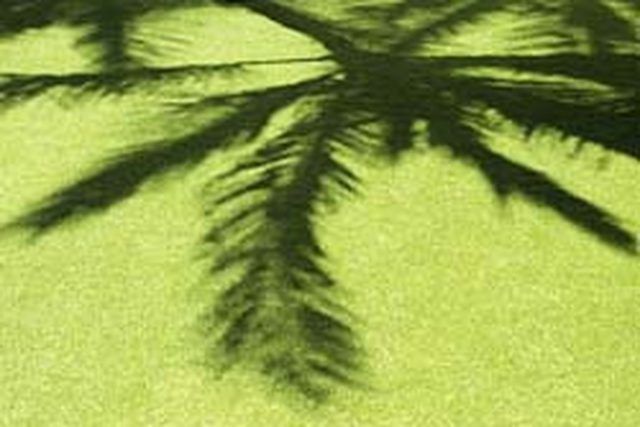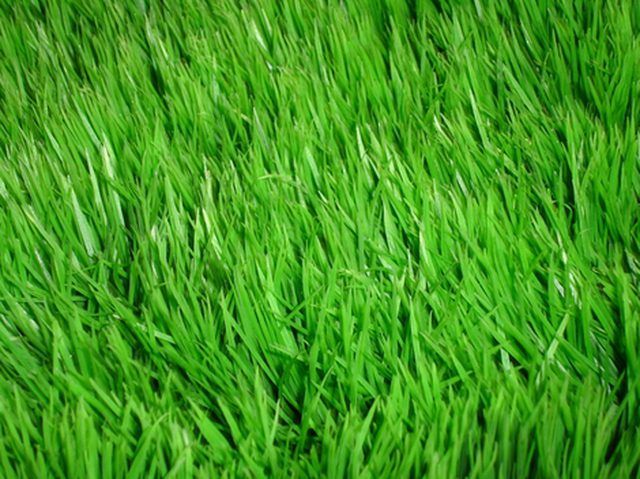Bulbs
Flower Basics
Flower Beds & Specialty Gardens
Flower Garden
Garden Furniture
Garden Gnomes
Garden Seeds
Garden Sheds
Garden Statues
Garden Tools & Supplies
Gardening Basics
Green & Organic
Groundcovers & Vines
Growing Annuals
Growing Basil
Growing Beans
Growing Berries
Growing Blueberries
Growing Cactus
Growing Corn
Growing Cotton
Growing Edibles
Growing Flowers
Growing Garlic
Growing Grapes
Growing Grass
Growing Herbs
Growing Jasmine
Growing Mint
Growing Mushrooms
Orchids
Growing Peanuts
Growing Perennials
Growing Plants
Growing Rosemary
Growing Roses
Growing Strawberries
Growing Sunflowers
Growing Thyme
Growing Tomatoes
Growing Tulips
Growing Vegetables
Herb Basics
Herb Garden
Indoor Growing
Landscaping Basics
Landscaping Patios
Landscaping Plants
Landscaping Shrubs
Landscaping Trees
Landscaping Walks & Pathways
Lawn Basics
Lawn Maintenance
Lawn Mowers
Lawn Ornaments
Lawn Planting
Lawn Tools
Outdoor Growing
Overall Landscape Planning
Pests, Weeds & Problems
Plant Basics
Rock Garden
Rose Garden
Shrubs
Soil
Specialty Gardens
Trees
Vegetable Garden
Yard Maintenance
How to Grow Grass in Florida
How to Grow Grass in Florida. Florida: Land of sunshine, relaxation and fun! Nothing says sunshine and relaxation better than a lush, green lawn. Well, except for maybe a beach. If you would like to add grass to your property in Florida, there are some things you need to consider before you get started. Growing grass in Florida is easy if you...

Florida: Land of sunshine, relaxation and fun! Nothing says sunshine and relaxation better than a lush, green lawn. Well, except for maybe a beach. If you would like to add grass to your property in Florida, there are some things you need to consider before you get started. Growing grass in Florida is easy if you take the following things into consideration.
Things You'll Need
Rototiller
Grass seed that grows well in Florida
Fertilizer
Compost or lime
Rake
Watering tools
Seed spreader
Select the proper grass species. This is very important. Some species of grass will not grow well in certain areas of Florida. You need to decide if you want a hardy grass, a showy grass, a grass that can stand up well to traffic, or a species that will grow well in the shade. Think about how much sun your yard gets, and what your grass will be used for, and then visit your nearest garden center to talk to an expert who will help you choose the correct grass seed. Common types of grass in Florida include Bahia and Bermuda grass.
Test the pH level of the soil to see if it is acidic or alkaline. Ideally, the soil should have a pH level of between 6 and 7.5. If it is too high, you will have to add compost. Too low, and you should sprinkle lime over the top of it. Add the lime or compost when you add the fertilizer in the next step.
Prepare the soil. Remove any large rocks, dead grasses or weeds. Use a rototiller to loosen the soil. Apply a fertilizer and work it into the soil with the rototiller. Florida has a lot of bodies of water. If you are near water, you should apply only a small amount of fertilizer in order to keep from contaminating the water.

Use a rake to level out the ground. Install an underground irrigation system at this time, if you want one. After you are done raking, lightly water the soil.
Seed the lawn. Use a seed spreader to cover the area with seeds. In order to get maximum coverage, you will want to seed in every direction, going over the lawn area multiple times. After you have finished, cover the seeds with a small amount of soil, and water the seeds thoroughly, but with a light mist so as not to displace them. Keep the seeds moist until germination.
Tips & Warnings
Sod is a good option if you want a quick lawn and don't have the time or patience to cultivate grass seed.
Grasses that grow well in tropical areas like Florida are also susceptible to fungus, so watch your grass carefully for signs of fungus, and treat accordingly.